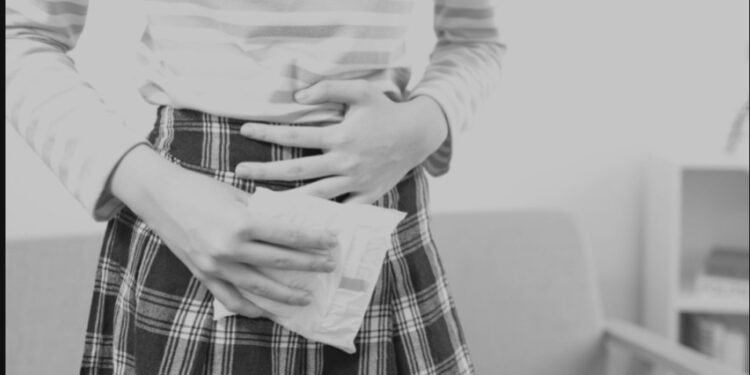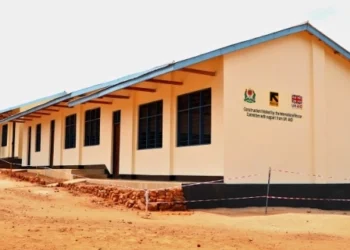Dodoma – Deputy Minister for Health, Dr. Godwin Mollel, reiterated the government’s commitment to ensuring safe menstruation for girls in schools. He highlighted the importance of establishing facilities that support menstrual hygiene in alignment with school registration guidelines.
In a recent response to concerns raised by Amina Mzee (Special Seats CCM) regarding the prioritization of safe menstruation through the provision of free sanitary pads and improvements to toilet infrastructure, Dr. Mollel emphasized the need for careful production of sanitary materials to ensure student health.
He addressed supplementary questions from Ms. Husna Sekiboko (Special Seats–CCM), who pointed out that some schools neglect the school registration guidelines, leading to a lack of proper menstrual hygiene areas, even though girls need safe and private spaces to change sanitary pads. Dr. Mollel reassured that the guidelines are strictly followed, requiring schools to have designated menstrual hygiene areas, with the exception of older schools built before these standards were introduced.
“The government has already begun implementing a safe menstruation program in primary and secondary schools by raising awareness about menstruation, building the necessary infrastructure to manage menstrual hygiene products, ensuring access to quality and safe products, and offering social support for those suffering from severe menstrual pain,” he explained.
Additionally, he highlighted the ongoing implementation of the National School Water, Sanitation, and Hygiene (WASH) Guidelines, which mandate that every school have a designated changing room. This initiative aligns with the Menstrual Hygiene Infrastructure Design Guide, which includes the provision of an incinerator in the changing room.
Dr. Mollel also mentioned that the 2020 Guidelines for Establishing and Registering Schools now require a private menstrual hygiene room for girls as a crucial part of the school registration process.



















































































 EduTimes Africa, a product of Education Times Africa, is a magazine publication that aims to lend its support to close the yawning gap in Africa's educational development.
EduTimes Africa, a product of Education Times Africa, is a magazine publication that aims to lend its support to close the yawning gap in Africa's educational development.